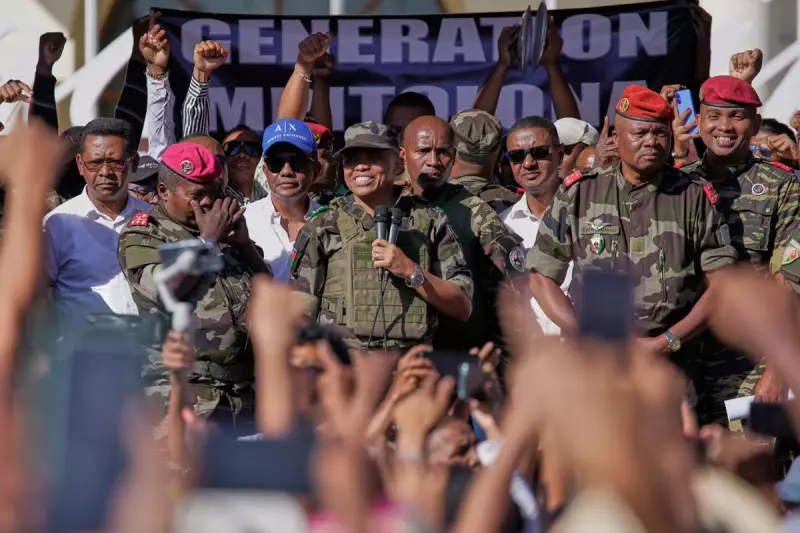
In a move that has sent ripples across diplomatic circles, France is aggressively asserting its sovereignty over a remote archipelago in the Indian Ocean, drawing sharp criticism from neighbouring Madagascar and raising eyebrows at the United Nations.
A Colonial Legacy Resurfaces
The dispute centres around the Scattered Islands, a collection of small islands and reefs stretching between Madagascar and the East African coast. These territories, administered by France since the colonial era, have become the focal point of a modern geopolitical standoff.
President Emmanuel Macron's government has recently reinforced its claims through official communications to the UN, explicitly stating that France "exercises its sovereignty" over these islands and their surrounding waters. This declaration comes despite Madagascar's longstanding counter-claims to the same territories.
Madagascar's Outrage
The Malagasy government has responded with surprising force, condemning France's actions as "unacceptable" and accusing its former colonial ruler of undermining regional stability. In a strongly worded statement, Madagascar's officials expressed "deep concern" over what they perceive as France's unilateral approach to territorial disputes.
This isn't merely about national pride - significant economic interests hang in the balance. The waters surrounding these islands are believed to be rich in natural resources, including potential oil and gas reserves, making sovereignty claims particularly valuable.
International Law Under Scrutiny
The timing of France's assertive stance is particularly noteworthy. As nations worldwide work to define their maritime boundaries under the United Nations Convention on the Law of the Sea (UNCLOS), France appears to be positioning itself to secure maximum economic rights in the strategically vital Indian Ocean.
Legal experts suggest that France's approach could set a controversial precedent for how former colonial powers interact with independent nations regarding territorial waters and exclusive economic zones.
Regional Implications
The dispute has implications beyond bilateral relations. The Indian Ocean has become increasingly important for global trade routes and security concerns. France's military presence on some of these islands, including weather stations and small garrisons, adds another layer of complexity to the situation.
Regional powers and international observers are watching closely as this diplomatic confrontation unfolds, concerned that it might affect stability in a crucial maritime corridor.
What Comes Next?
With neither side showing signs of backing down, the stage is set for a prolonged diplomatic confrontation. The United Nations may find itself pressured to mediate, while other Indian Ocean nations are likely to weigh in on a dispute that could redefine maritime boundaries across the region.
As global attention focuses on this unexpected flashpoint, the resolution of this dispute will test both France's diplomatic strategy and the international community's ability to manage such territorial conflicts peacefully.





